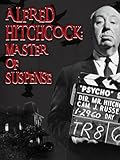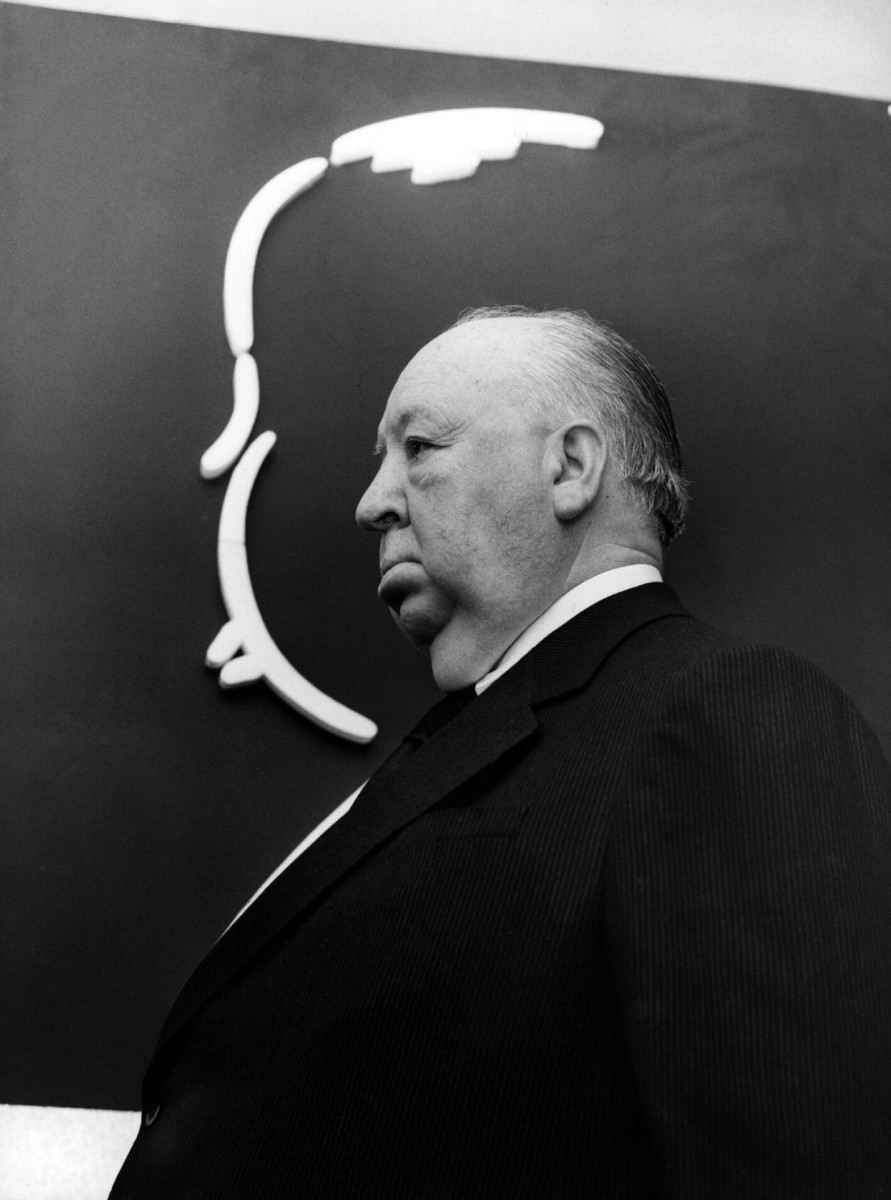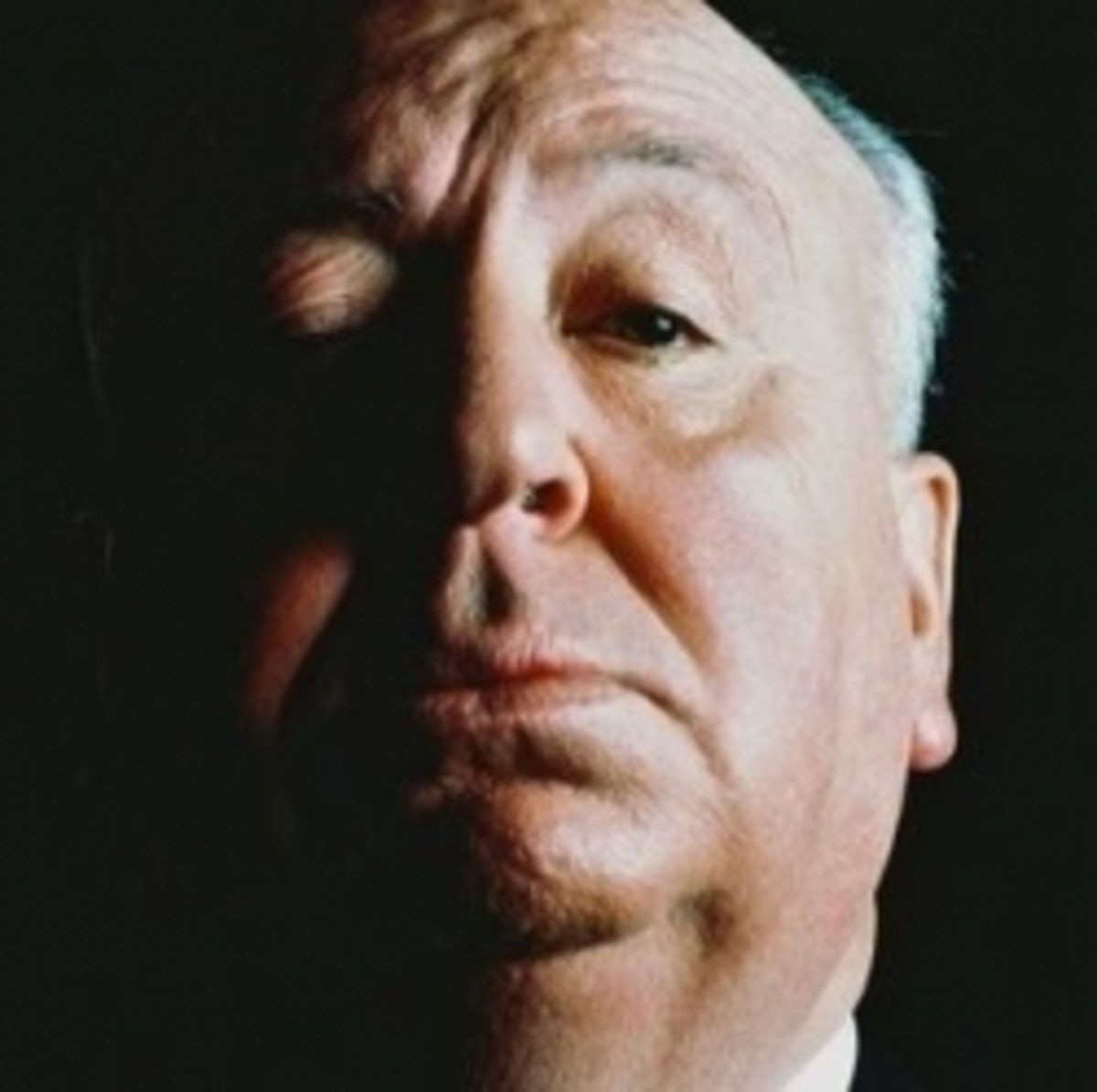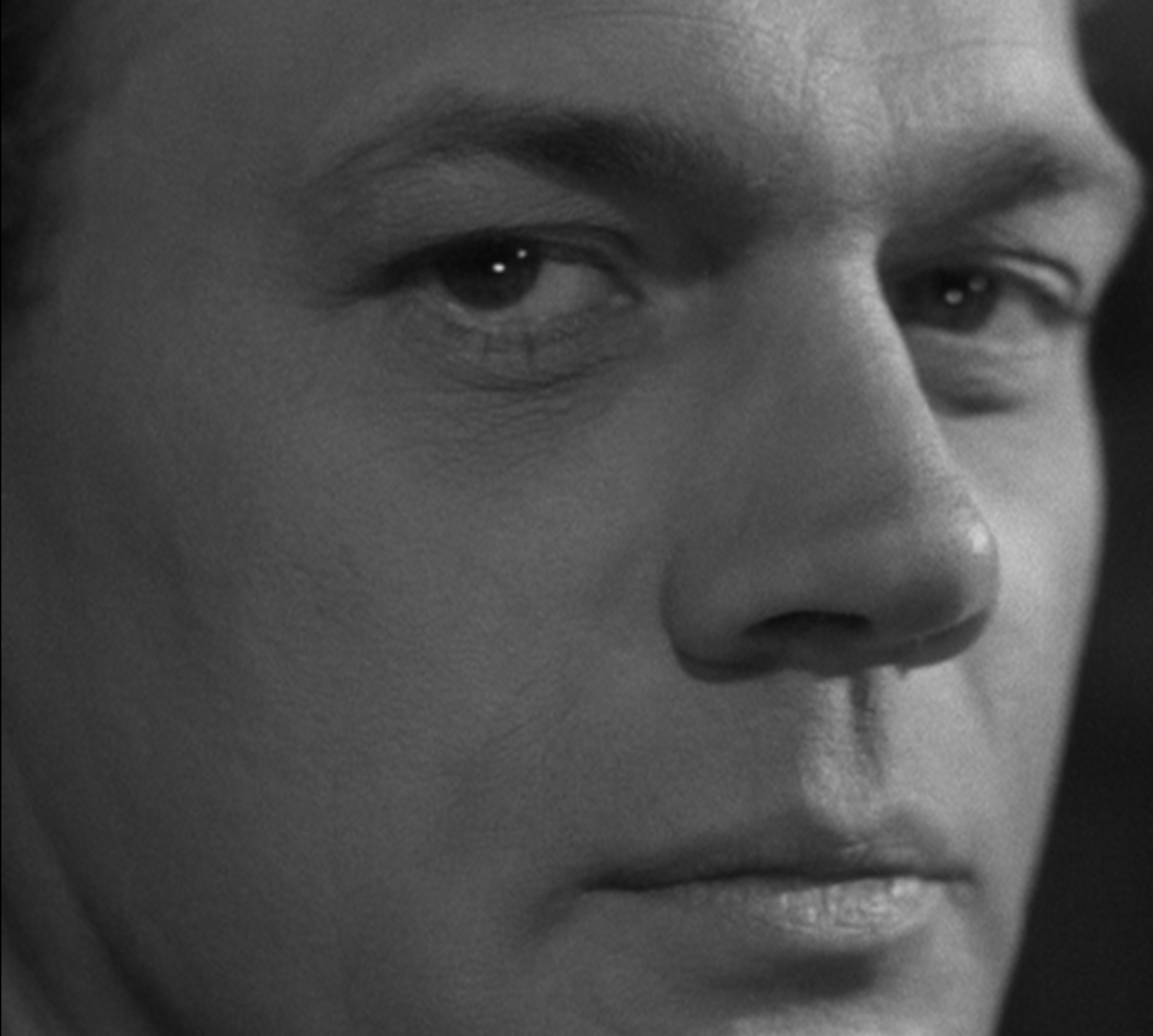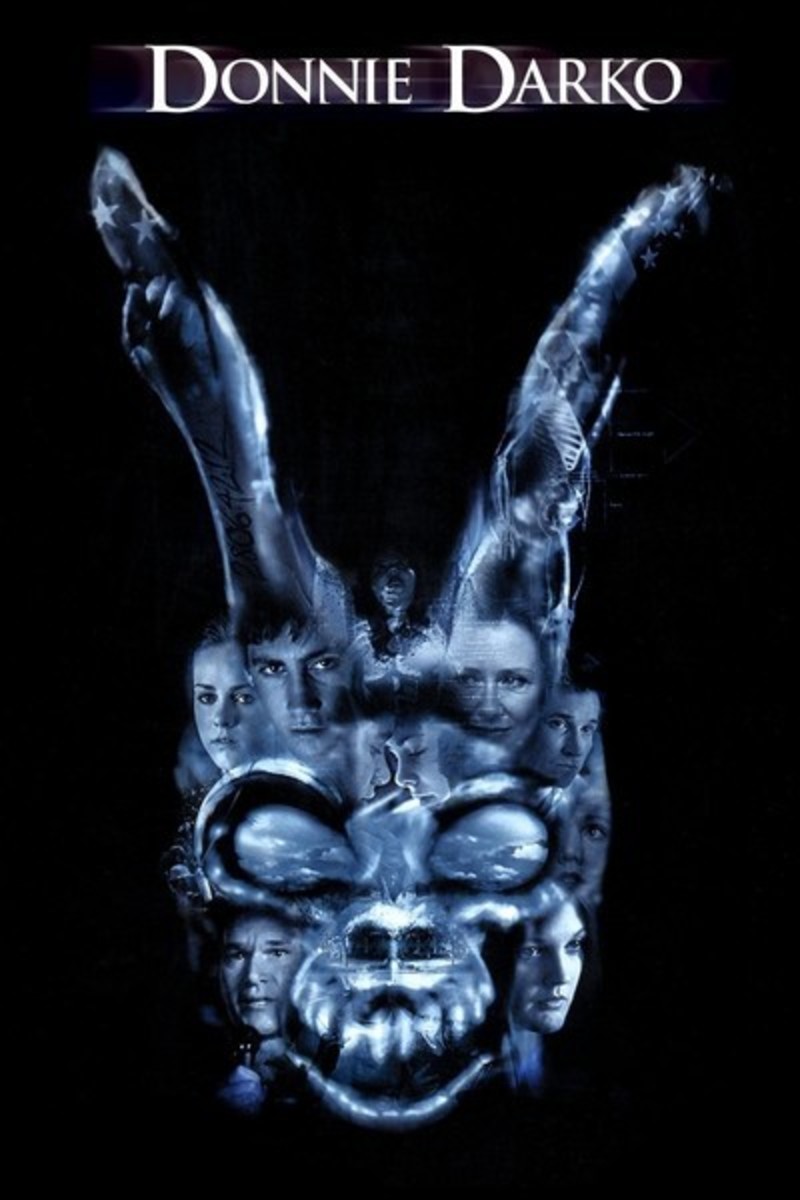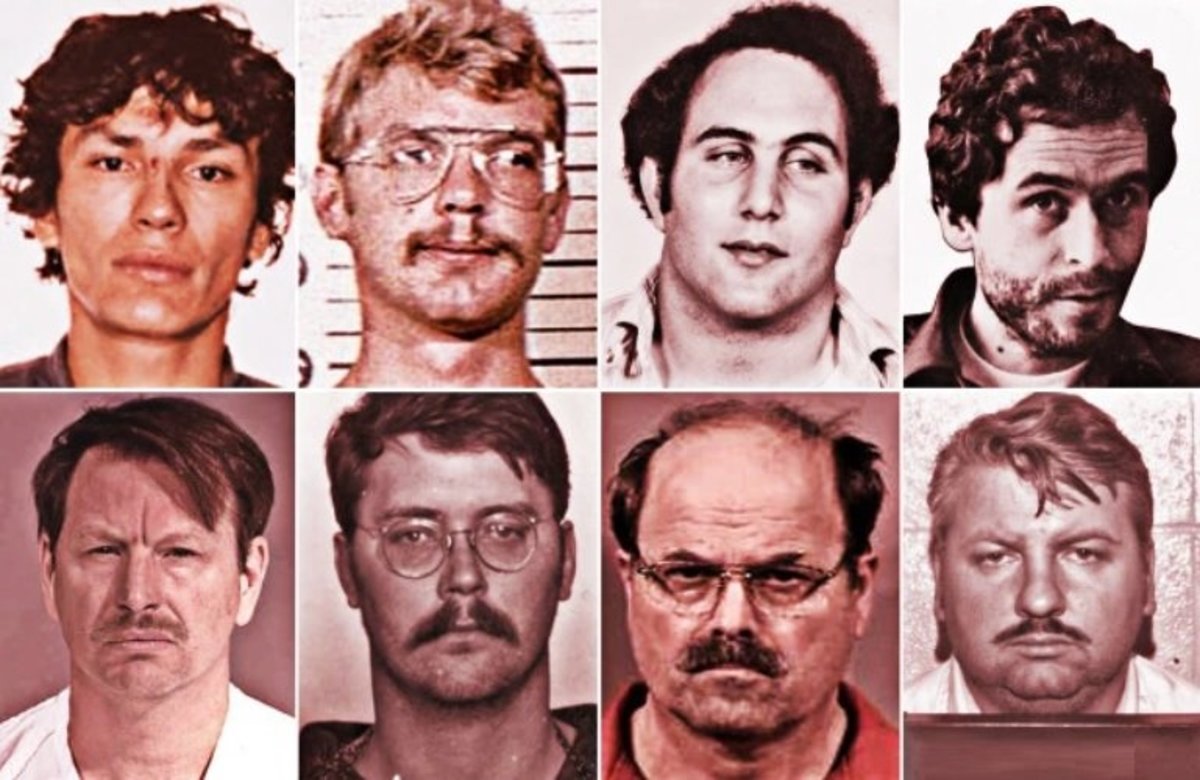Alfred Hitchcock
Alfred Hitchcock was among the most consistently successful and publicly recognizable directors in the world during his lifetime, and remains one of the best known and most popular directors of all time, famous for his expert and largely unrivaled control of pace and suspense throughout his movies. Entertainment Weekly went so far as to give him the title of the greatest film director ever.
Rather than splatter the screen with gore, he terrifies us with suspense. He once said that any movie director could surprise his audience by setting off a bomb. But to show the audience a time bomb, ticking away under a desk as two men calmly discuss baseball, is ver more elegant and terrifying. The audience is squirming in their seats, thinking, “Don't sit there talking about baseball... there's a bomb under the table!” The audience is overwhelmed with the desire to warn the characters of the danger which they perceive, and which the characters are not aware of. Hitchcock's method transfers the menace from the screen to the minds of the audience, until it becomes unbearable - at which point there is a climax.
Psycho Synopsis
Phoenix office worker Marion Crane is fed up with the way life has treated her. She has to meet her lover Sam in lunch breaks and they cannot get married because Sam has to give most of his money away in alimony. One Friday Marion is trusted to bank $40,000 by her employer. Seeing the opportunity to take the money and start a new life, Marion leaves town and heads towards Sam's California store. Tired after the long drive and caught in a storm, she gets off the main highway and pulls into The Bates Motel. The motel is managed by a quiet young man called Norman who seems to be dominated by his mother.
Norman Bates
Hitchcock claimed that on one occasion early in his life, after he had acted childishly, his father sent him to the local police station carrying a note. When he presented the police officer on duty with the note, he was locked in a cell for a few moments, long enough to be petrified. This was a favorite anecdote of his, and the incident is often cited in connection with the theme of distrust of police, which runs through many of his films. His mother would often make him address her while standing at the foot of her bed, especially if he behaved badly, forcing him to stand there for hours. This would be recalled by the character Norman Bates in Psycho.
Dial M for Murder Synopsis
Ex-tennis pro Tony Wendice decides to murder his wife for her money and because she had an affair the year before. He blackmails an old college associate to strangle her, but when things go wrong he sees a way to turn events to his advantage.
Rear Window Synopsis
Professional photographer L.B. "Jeff" Jeffries breaks his leg while getting an action shot at an auto race. Confined to his New York apartment, he spends his time looking out of the rear window observing the neighbors. He begins to suspect that the man opposite may have murdered his wife. Jeff enlists the help of his society model girlfriend Lisa Freemont and his nurse Stella to investigate.
Audiences Gasp
In Rear Window, after L. B. Jeffries (played by James Stewart) has been staring across the courtyard at him for most of the film, Lars Thorwald (played by Raymond Burr) confronts Jeffries by saying, "What do you want of me?" Burr might as well have been addressing the audience. In fact, shortly before asking this, Thorwald turns to face the camera directly for the first time — at this point, audiences often gasp.
North by Northwest Synopsis
A gang of spies mistakes middle-aged Madison Avenue advertising executive Roger O. Thornhill for a government agent. He gets involved in a series of misadventures and is pursued across the States by both the spies and the government whilst being helped by a beautiful blonde.
Fear and Fantasy
Hitchcock's films draw heavily on both fear and fantasy, and are known for their droll humor. They often portray innocent people caught up in circumstances beyond their control or understanding. This often involves transference of guilt in which the "innocent" character's failings are transferred to another character, and magnified. Another common theme is the basic incompatibility of men and women; Hitchcock's films often take a cynical view of traditional romance. Further blurring the moral distinction between the innocent and the guilty, Hitchcock also makes voyeurs of his "respectable" audience.
The Birds Synopsis
Spoiled socialite and notorious practical joker Melanie Daniels is shopping in a San Francisco pet store when she meets Mitch Brenner. Mitch is looking to buy a pair of lovebirds for his young sister's birthday; he recognizes Melanie but pretends to mistake her for an assistant. She decides to get her own back by buying the birds and driving up to the quiet coastal town of Bodega Bay, where Mitch spends his weekends with his sister and mother. Shortly after she arrives, a gull attacks Melanie, but this is just the start of a series of attacks by an increasing number of birds.
Signature Cameo Appearances
Most of Hitchcock's films contain cameo appearances by Hitchcock himself: the director would be seen for a brief moment boarding a bus, crossing in front of a building, standing in an apartment across the courtyard, or appearing in a photograph. This playful gesture became one of Hitchcock's signatures. As a recurring theme he would carry a musical instrument — especially memorable was the large double bass case that he wrestles onto the train at the beginning of Strangers on a Train.
Trivia
Hitchcock's first color film, Rope appeared in 1948. Here Hitchcock experimented with marshalling suspense in a confined environment, as he had done earlier with Lifeboat. He also experimented with exceptionally long takes — up to ten minutes (see Themes and devices). Featuring James Stewart in the leading role, Rope was the first of an eventual four films Stewart would make for Hitchcock. Based on the Leopold and Loeb case of the 1920s, Rope is also among several films with homosexual subtext to emerge from the Hays Office–controlled Hollywood studio era.
Rebecca was the only one of his films to win the Academy Award for Best Picture, although four others were nominated. Hitchcock never won the Academy Award for Best Director. He was awarded the Irving G. Thalberg Memorial Award for lifetime achievement in 1967, but never personally received an Academy Award of Merit.
One of Hitchcock's favorite devices for driving the plots of his stories and creating suspense was what he called the "MacGuffin.” The Oxford English Dictionary, however, credits Hitchcock's friend, the Scottish screenwriter Angus McPhail, as being the true inventor of the term. Hitchcock defined this term in an interview to François Truffaut, in 1966. Hitchcock would use this plot device extensively. Many of his suspense films revolve around this device: a detail which, by inciting curiosity and desire, drives the plot and motivates the actions of characters within the story, but whose specific identity and nature is unimportant to the spectator of the film.
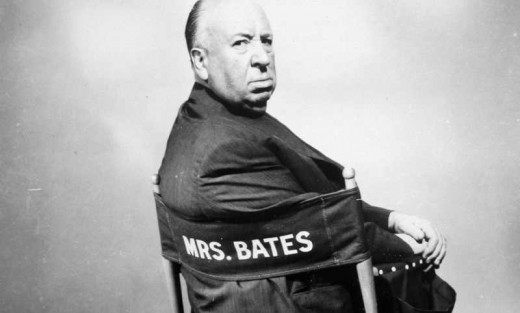


![Psycho (1960) [DVD]](https://m.media-amazon.com/images/I/4104h6If41L._SL160_.jpg)




